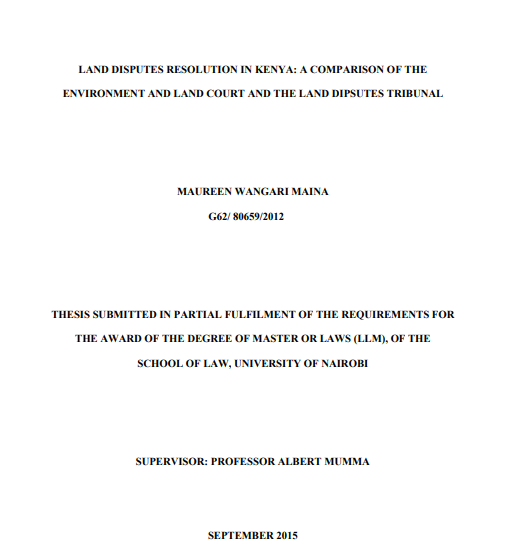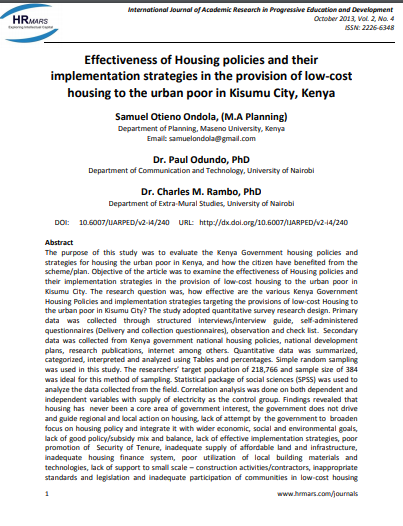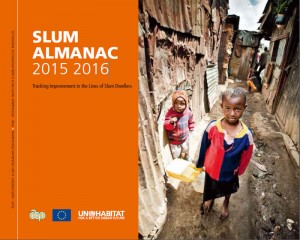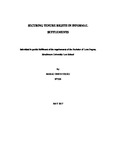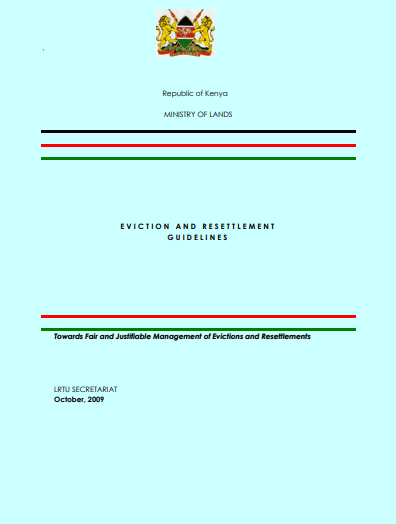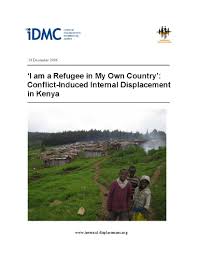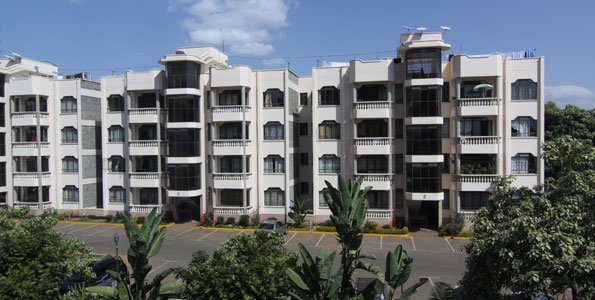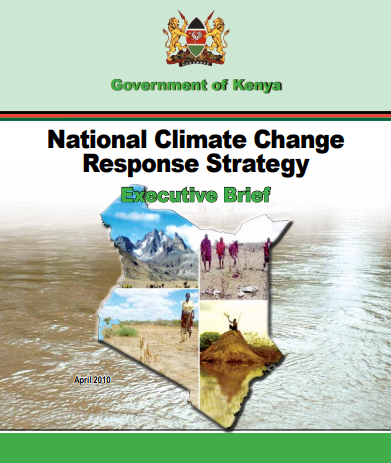LAND DISPUTES RESOLUTION IN KENYA: A COMPARISON OF THE ENVIRONMENT AND LAND COURT AND THE LAND DIPSUTES TRIBUNAL
Until recently, the legal framework on land was marred by the existence of multiple land laws, some of which were incompatible. These laws, coupled with the rampant land injustices hampered efficacy in land ownership, management and administration of land. As a result, the Constitution of Kenya (CoK) has changed the laws on land and the dispute resolution institutions.

